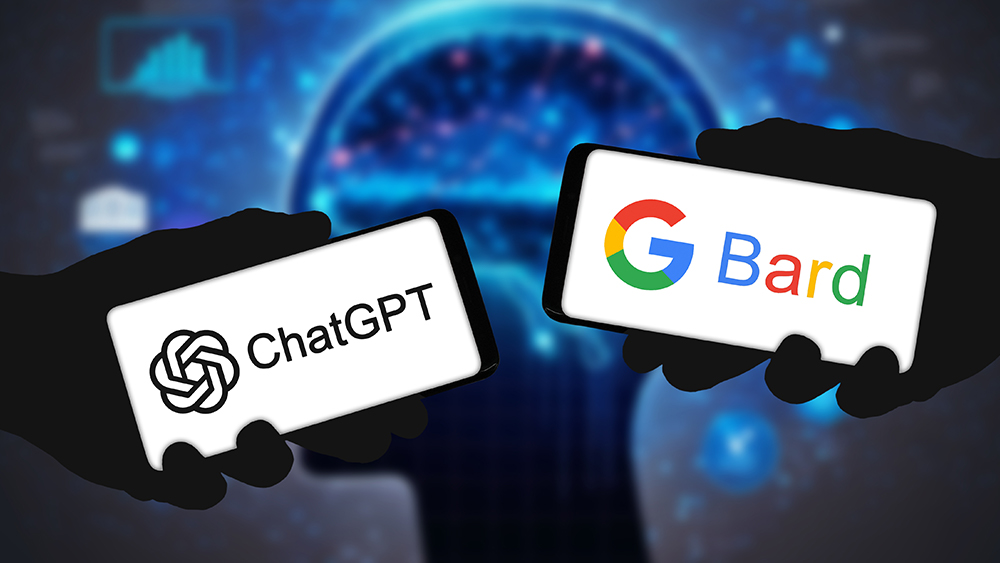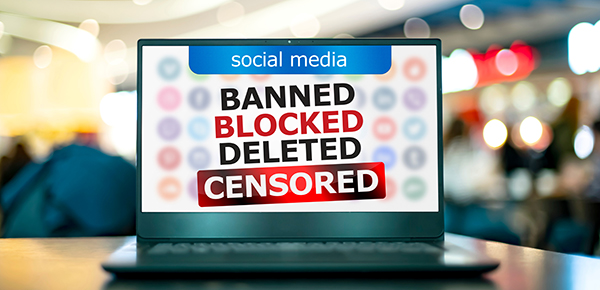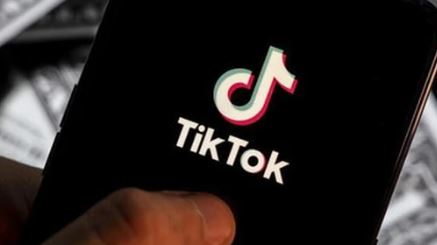Google censors all AI that generates supposed “hate speech” in Google Play Store
06/17/2024 / By Cassie B.

Google is flexing its censorship muscles again, this time setting rules that will ban artificial intelligence in apps that generates different types of “restricted content.” This includes content that meets their definition of “hate speech,” such as content that criticizes LGBT.
The new rules apply to those who develop apps for Android and want to publish them on the Google Play Store, and they are being widely viewed as yet another attempt by Google to censor speech that does not align with its liberal political views under the guise of stopping “hate speech.” It’s safe to say that content that asserts there are just two genders, for example, is likely to be targeted.
According to Google, apps that offer AI features must implement measures to prevent a range of restricted content. The tech giant has singled out content that refers to “sensitive events,” using a very foggy definition, seemingly intentionally so it can be applied to whatever content they disagree with. It says that this includes anything that will “capitalize on or are insensitive toward a sensitive event with significant social, cultural, or political impact.”
The real question is whether it will be applied equally to content that is insensitive toward conservative viewpoints.
Google has published support pages that assure developers their true aim is to ensure AI-generated content is “safe for all users,” but what they really mean is that they want it to be safe for those sensitive, whiny users who are always looking for a reason to feel offended – and they want more ways to control the narrative.
Moreover, they require developers to include a way for app users to flag this offending content and use the “feedback” for “responsible innovation.” The rules dictate that developers must take information from user reports to guide their “content filtering and moderation.”
It will apply to AI chatbots and AI images that are generated based on voice, image or text prompts. Google recommends that developers try its closed testing feature to get feedback and document all the tests they conduct because they could ask developers to supply those tests if concerns arise in the future.
Their “Inappropriate Content” page lists a slew of restricted categories, and while profanity and sexual content are par for the course in this type of list, it’s the hate speech entry that is causing a lot of concern, especially considering its caveat that scientific and educational content about Nazis could be enough for apps to be banned in some geographical areas.
In addition to the aforementioned overly broad “sensitive events” category, they’ve also listed bullying, harassment, violence and violent extremism.
PragerU app removed from Play Store under hate speech policy
The Google censors have already gone after the conservative advocacy group PragerU, removing the app from the Play Store on Friday and telling developers that a review found “content or speech asserting that a protected group is inhuman, inferior or worthy of being hated.”
Their hate speech policy specifies: “We don’t allow apps that promote violence, or incite hatred against individuals or groups based on race or ethnic origin, religion, disability, age, nationality, veteran status, sexual orientation, gender, gender identity, or any other characteristic that is associated with system discrimination or marginalization.”
PragerU believes their recent documentary on Hamas is behind the suspension, noting in a statement: “Google is using Soviet-style tactics and attempting to silence us. According to Google, sharing the stories of a former Palestinian refugee, an Arab Muslim born in Israel, and brave U.S. Navy SEALs who witnessed the horrors of Muslim extremism constitutes ‘hate speech.’”
Sources for this article include:
Submit a correction >>
Tagged Under:
AI, bias, Big Tech, Censorship, evil Google, free speech, Glitch, Google, Hate speech, Liberty, media fact watch, speech police, Suppressed, thought police
This article may contain statements that reflect the opinion of the author
RECENT NEWS & ARTICLES
COPYRIGHT © 2018 SPEECHPOLICE.NEWS
All content posted on this site is protected under Free Speech. SpeechPolice.news is not responsible for content written by contributing authors. The information on this site is provided for educational and entertainment purposes only. It is not intended as a substitute for professional advice of any kind. SpeechPolice.news assumes no responsibility for the use or misuse of this material. All trademarks, registered trademarks and service marks mentioned on this site are the property of their respective owners.



















